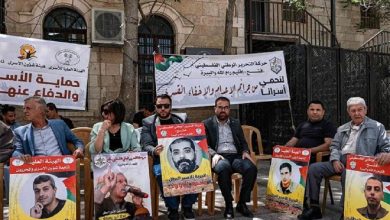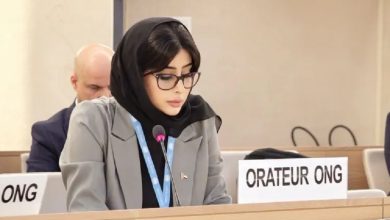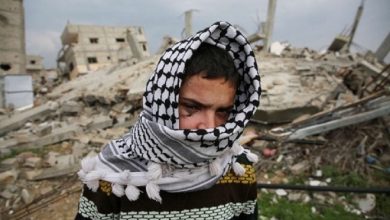Israel’s Hunger War on Gaza Threatens Collapse of Mediation Efforts
As Israel blocks aid and intensifies bombardment, mediators struggle to revive ceasefire talks while Hamas shows flexibility amid mounting humanitarian catastrophe.
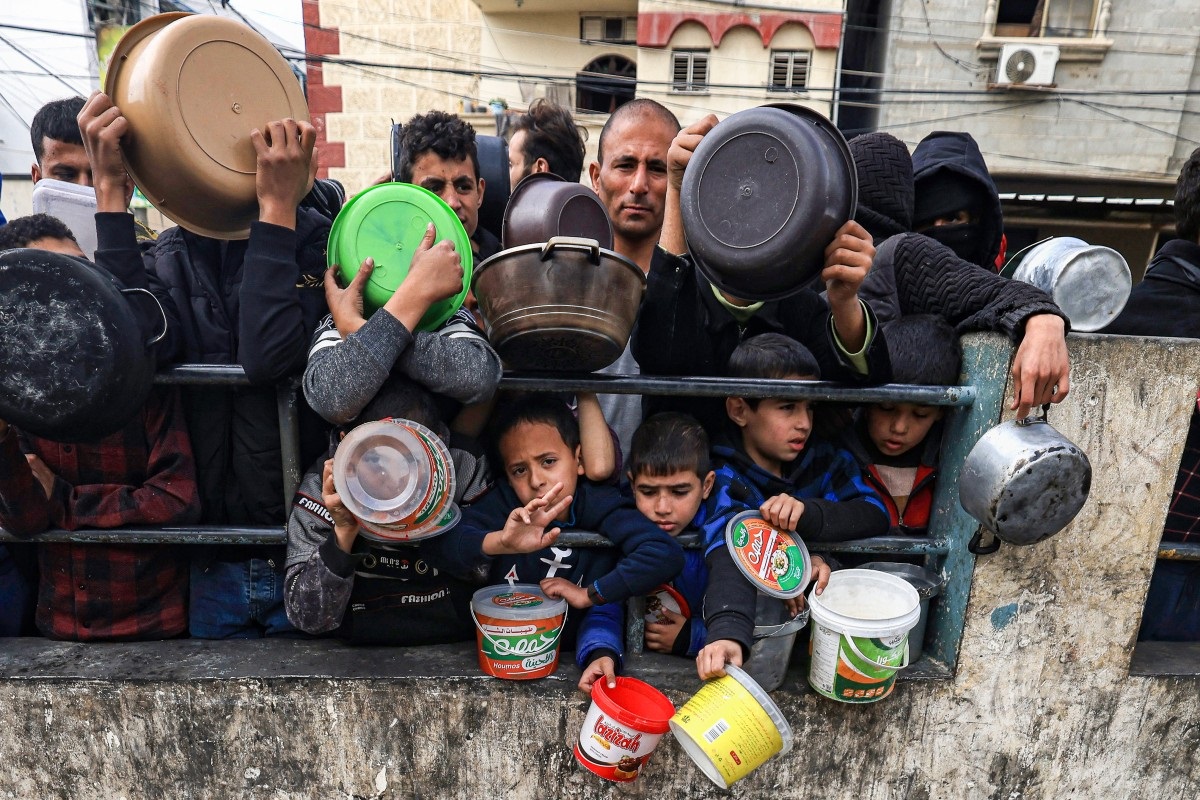
Watan-Israeli occupation authorities are betting on starving Gaza’s population to implement their plans of mass displacement, forcing people to abandon their land in preparation for taking full control of a territory that has long resisted Israeli domination—even by force.
Mediators, particularly Qatar, now find themselves in a position where returning to diplomatic efforts to end the war on Gaza is nearly impossible. Dialogue has collapsed, and the negotiation rooms that once hosted indirect talks between Tel Aviv and the resistance are now empty, awaiting a sign of peace from Israel’s war cabinet.
Mediators remain paralyzed while Israel continues its policy of starving Palestinians in Gaza, alongside ongoing bombardments killing hundreds—many of them children. Qatari officials in Doha are actively seeking solutions to protect Gaza’s population, whether from relentless airstrikes or the worsening starvation crisis, especially after Israel blocked the entry of humanitarian aid again in early March.
Diplomatic sources in Doha report that technical committees involved in the mediation process have recently been warning of the grave dangers of the current situation, particularly given the collapse of all aspects of life, destruction of infrastructure, and closure of border crossings.
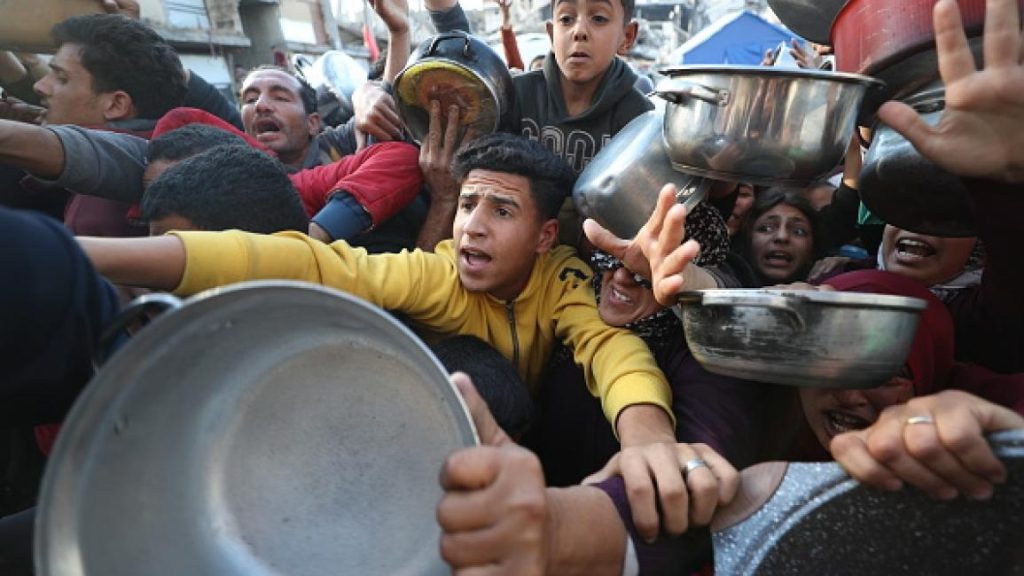
Netanyahu Undermines Ceasefire Efforts as Gaza Starves
For over 17 months of its devastating war on Gaza, Israel has repeatedly used food and international humanitarian aid as a tool of collective punishment. Mediators continue to stress the urgent need for a breakthrough in aid delivery—though efforts are met with Israeli intransigence.
Many observers of the mediation track agree that Israeli Prime Minister Benjamin Netanyahu’s maneuvering is the primary reason behind the continued suffering of Gaza’s population, especially as he pushes to escalate the genocide.
Despite all efforts by mediators to de-escalate, Netanyahu and hardliners in his government are determined to continue the war. According to Hebrew sources, Netanyahu only speaks of plans to intensify the war and potential prisoner swap negotiations. He ignores any voices calling for peace and remains deaf to Israeli protesters demanding a ceasefire and a hostage deal.
In both Tel Aviv and the occupied territories, Netanyahu and his government are widely accused of undermining democracy and disregarding the fate of captives in Gaza. Benny Gantz, leader of the “State Camp” party, warned that Israel is one step away from civil war. Former IDF Chief of Staff Gadi Eizenkot also warned that Israel is “in danger” due to growing internal division, while former Prime Minister Ehud Olmert said Israel is “closer than ever to civil war.”
In a scathing new attack, Yisrael Beiteinu party leader Avigdor Lieberman told Netanyahu: “You won’t escape responsibility—you’re the prime minister who dodged military service and the prime minister of October 7, 2023.” Opposition leader Yair Lapid also accused Netanyahu of betraying Israelis and stealing from the middle class to preserve his coalition and fund religious schools.
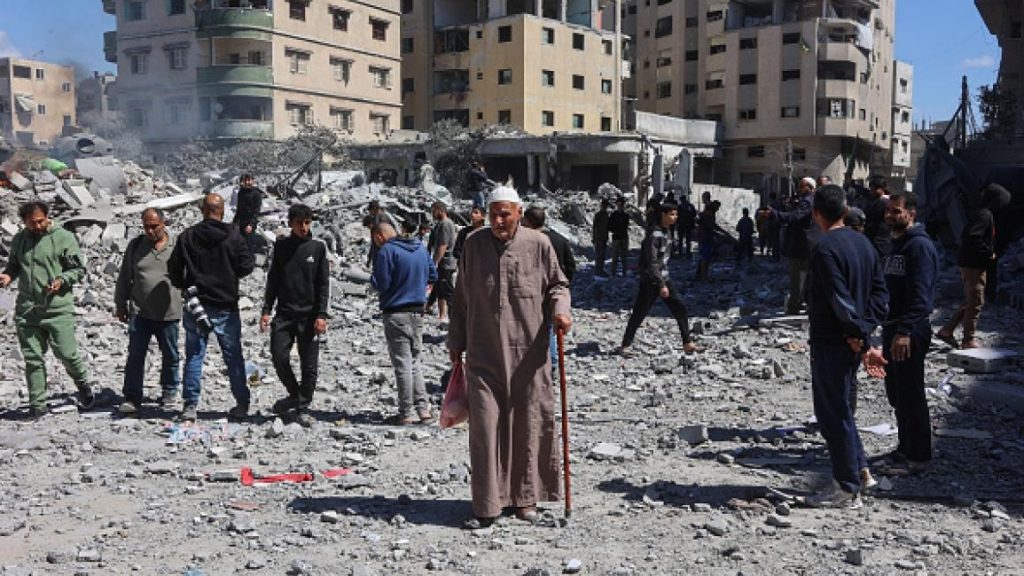
Hamas Shows Flexibility Toward Ceasefire Agreement
Observers say the party most responsible for sabotaging diplomacy is Israel—especially Netanyahu and his far-right ministers—despite ongoing U.S. and Israeli efforts to shift blame onto Hamas.
Close monitoring of the negotiations shows Hamas has responded positively to every initiative and has shown willingness to reach a final resolution. Recently, senior Hamas leader in Gaza, Khalil Al-Hayya, confirmed the group had received ceasefire proposals and responded positively.
Hamas, according to its own statements, fulfilled all requirements to make the ceasefire and prisoner exchange agreement work, but Israel broke the deal. The movement insists on a permanent ceasefire, full withdrawal of Israeli forces, and the entry of humanitarian aid in exchange for releasing remaining Israeli captives, as per the phased plan agreed upon on January 19—before Israel reneged and resumed its assault.
Hamas continues to track events closely, aware of efforts to remove it from Gaza, stir public opinion against it, and frame it as the cause of Gaza’s suffering, while other parties try to whitewash Israel’s massacres.
Meanwhile, the joint Arab-Islamic ministerial committee formed at the emergency summit continues to monitor developments in Gaza following the collapse of the ceasefire and the resulting civilian death toll. Many international actors have condemned the renewed hostilities and civilian targeting, stressing the need to fully implement the ceasefire agreement and release hostages.
Mediators are attempting to return to the January 19, 2025 ceasefire agreement, which was brokered by Qatar, Egypt, and the United States. However, the second phase of implementation was derailed by Israel’s renewed military offensive.

Hunger War Escalates
As Israel continues to worsen the situation in Gaza, UN agencies are warning that famine is again looming. Aid supplies are nearly depleted, and remaining food stocks will last only about two more weeks.
Recently, UNRWA Commissioner-General Philippe Lazzarini confirmed that no humanitarian aid has entered Gaza for over three weeks—the longest such gap since the war began. He noted that parents cannot feed their children, the sick have no medicine, hunger is spreading, disease is looming, and Israeli bombardments continue. More than 140,000 people have been displaced by Israeli evacuation orders.
Humanitarian workers continue to call on Israel to lift the siege and reopen crossings for consistent humanitarian and commercial aid.
The World Food Programme (WFP) also warned its remaining food stocks in Gaza would run out within two weeks. With military operations resuming, hunger once again threatens the population. Hundreds of thousands face severe hunger and malnutrition, and closed borders are preventing food aid from entering.
WFP stressed that the expansion of Israeli military activity is severely hampering food aid operations and endangering aid workers daily.
The UN’s humanitarian office accused Israel of rejecting 40 of 49 aid coordination requests between March 18 and 24. Israel is reportedly blocking essential tasks like food collection and bakery fuel supplies. This catastrophic food situation is compounded by the collapse of critical infrastructure, leaving 90% of Gaza’s population without clean drinking water.
According to rough estimates, more than 90% of Gaza residents lack access to clean water, and approximately 1.87 million people have lost their main sources of food due to the aid cutoff.
Despite the ceasefire agreement providing for the entry of 15,000 aid trucks and 1,250 fuel trucks since early March, Israel has not upheld the deal. It has also blocked tents and caravans, leaving about 280,000 families (over 1 million people) homeless.
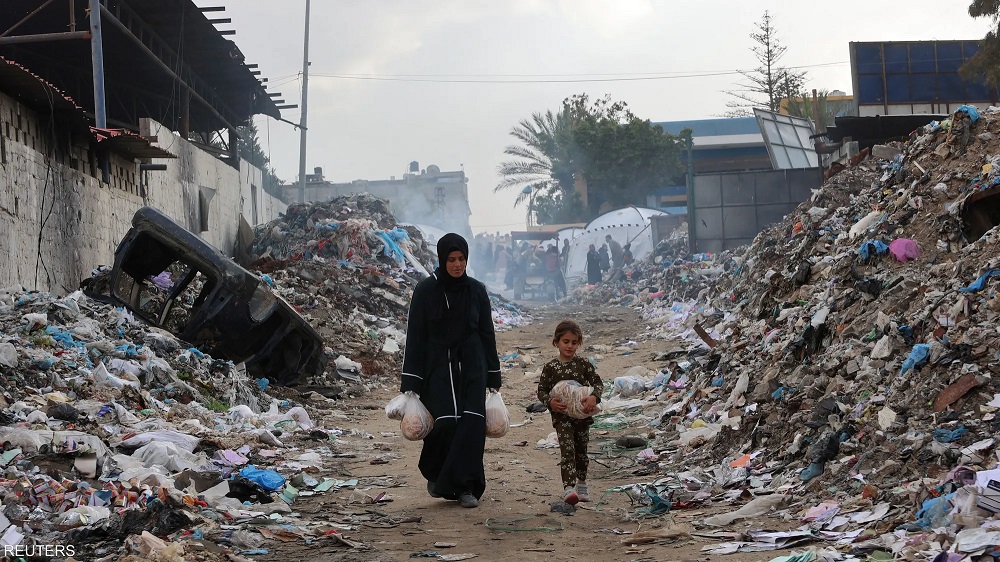
Qatar Mobilizes Relief as Diplomacy Continues
In parallel with its diplomatic efforts, Qatar has launched a major humanitarian campaign to support Gaza. In a nationally broadcast telethon called “Night of the 27th,” organized by Qatar Red Crescent, Qatar Charity, and the Qatar Media Corporation, over 250 million Qatari riyals (around $60 million USD) were raised in just three hours.
The campaign received overwhelming support from the Qatari public, with many individuals, companies, and private institutions donating millions to help Gaza and Syria.
This campaign, part of Qatar’s ongoing humanitarian and diplomatic engagement, featured religious scholars, officials, and aid workers who highlighted the enormous suffering in Gaza and Syria, and emphasized the urgent need for continued support.



